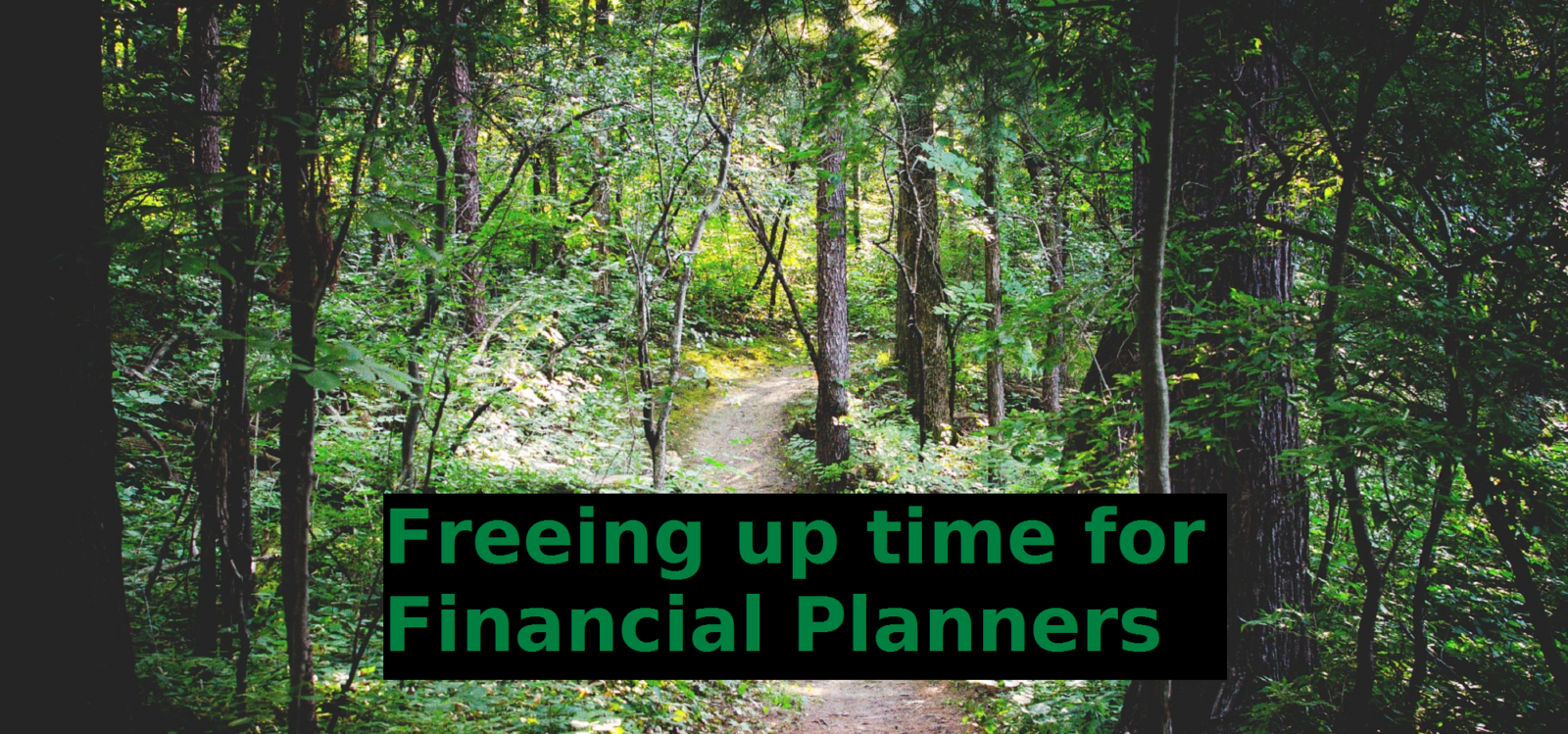
Listening, with and without context
Much of America just celebrated a big family holiday, Easter. When we’re not in the throes of a pandemic, for my family it involves sitting around multiple large and small tables (50 would be a normal number of people for holidays, due to the size of extended family on my husband’s side). In fact, even with large chunks of the family, especially the younger grand- and great-grand-children, deciding to pass, the Zoom call substitute for a gathering for that side of the family was 4 hours long.
Similarly, I was talking to a fellow researcher recently, and they seemed a little confused. “I just listened to the same COVID19-caused financial presentation you did, and I didn’t get even half of the negative context you just explained. How does that work?”
It’s a lot like that big holiday gathering with the in-laws. If it was your family, you have the context and history to avoid Uncle Joe when he sits down near his oldest sister, because they always bicker negatively. Or maybe in your family it’s knowing that discussing politics is necessary, a conversation no one will be allowed to avoid. But those first few times you walk into the in-laws holiday gathering, I bet you stepped on some emotional toes, or got your own stepped on.
Or as I explained to my fellow presentation attendee: It’s like a research study. The first meeting for a new project, you walk in, the project is always described as easy, the data are described as clean, and everything is roses. But after that meeting, you start digging in to the data, and what fields that were needed turns out weren’t even collected, or maybe sex was coded as 0=female/1=male for the start of the study and that’s how it was documented in the code book, and then somewhere part way through it was switched to 1=??/2=?? for the remainder (you can’t make this stuff up, I’m sorry to say). Of course then the timelines won’t go as desired, either, and the negative implication snowballs start rolling down hill.
Do I expect a new researcher to anticipate and find all of these problems on their first research study? No more than I expect a bull rider to have a world-class level ride in their first rodeo, or for the first big holiday visit to the in-laws to be entirely stress-free.
Experience matters, as well as what you make of that experience – did you learn from it for the future? Knowledge is power.